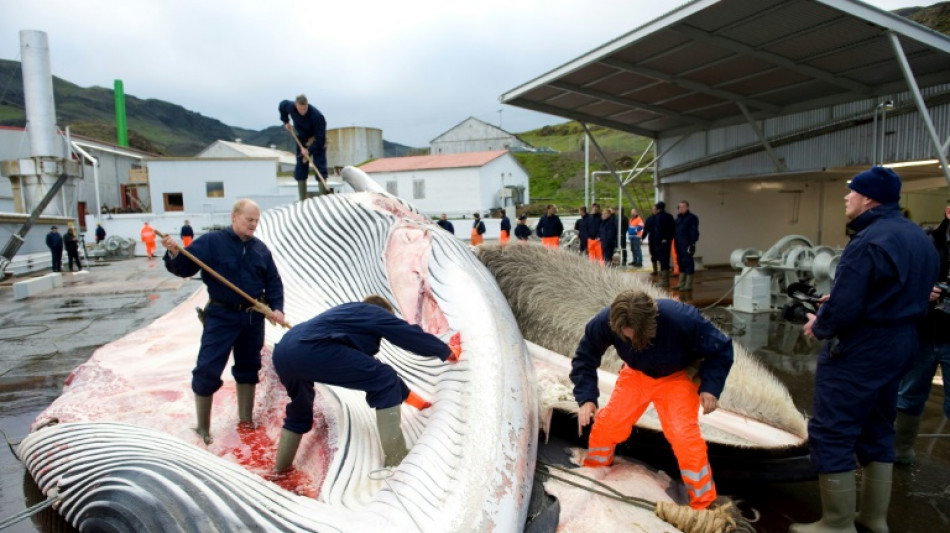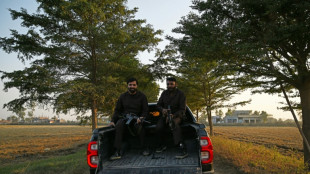

Iceland's last whaling company plans hunt this summer
Iceland's last remaining whaling company said Wednesday it planned to hunt this summer for the first time since 2018, as the government mulls a possible end to whaling.
"I can confirm that we plan to go out to sea this summer. The whales are waiting for us", Kristjan Loftsson, the head of the Hvalur whaling company, told AFP.
Iceland, Norway and Japan are the only countries in the world that continue whale hunting, in the face of fierce criticism from environmentalists and animal rights' defenders.
For the past three whaling seasons -- which run from mid-June to late September in Iceland -- Hvalur's harpoons have gone unused despite annual quotas for 209 fin whales and 217 Minke whales for the period 2019-2023.
Japan is Iceland's main market for whale meat, especially that from fin whales.
But demand for Iceland's catch has decreased dramatically since Japan returned to commercial whaling in 2019 after a three-decade hiatus.
The extension of a no-fishing coastal zone, requiring Iceland's whalers to go even further offshore, has also made the hunt less profitable, as have complications impacting the processing of whale meat under Covid restrictions.
Loftsson also blamed his three-year hiatus in part on a lengthy battle with Icelandic food authorities for a new licence for his processing plant, which was finally granted in October 2021.
He said he was optimistic about being able to sell his whale meat to the Japanese market, which accounts for over 90 percent of Hvalur's exports.
In 2018, Hvalur killed 146 fin whales.
Only one whale, a Minke, has been killed in Iceland since then.
In early February, Fisheries Minister Svandis Svavarsdottir said the government was considering ending whaling from 2024, citing dwindling demand and little economic gain.
"We have to be sure that (whaling) has positive economic impacts for the Icelandic economy before we make the decision to go forward with this after 2023", she told AFP.
Her ministry is due to carry out an economic, environmental and image impact study this year before deciding whether to issue new whaling quotas for 2024.
Ch.Jacobs--RTC



